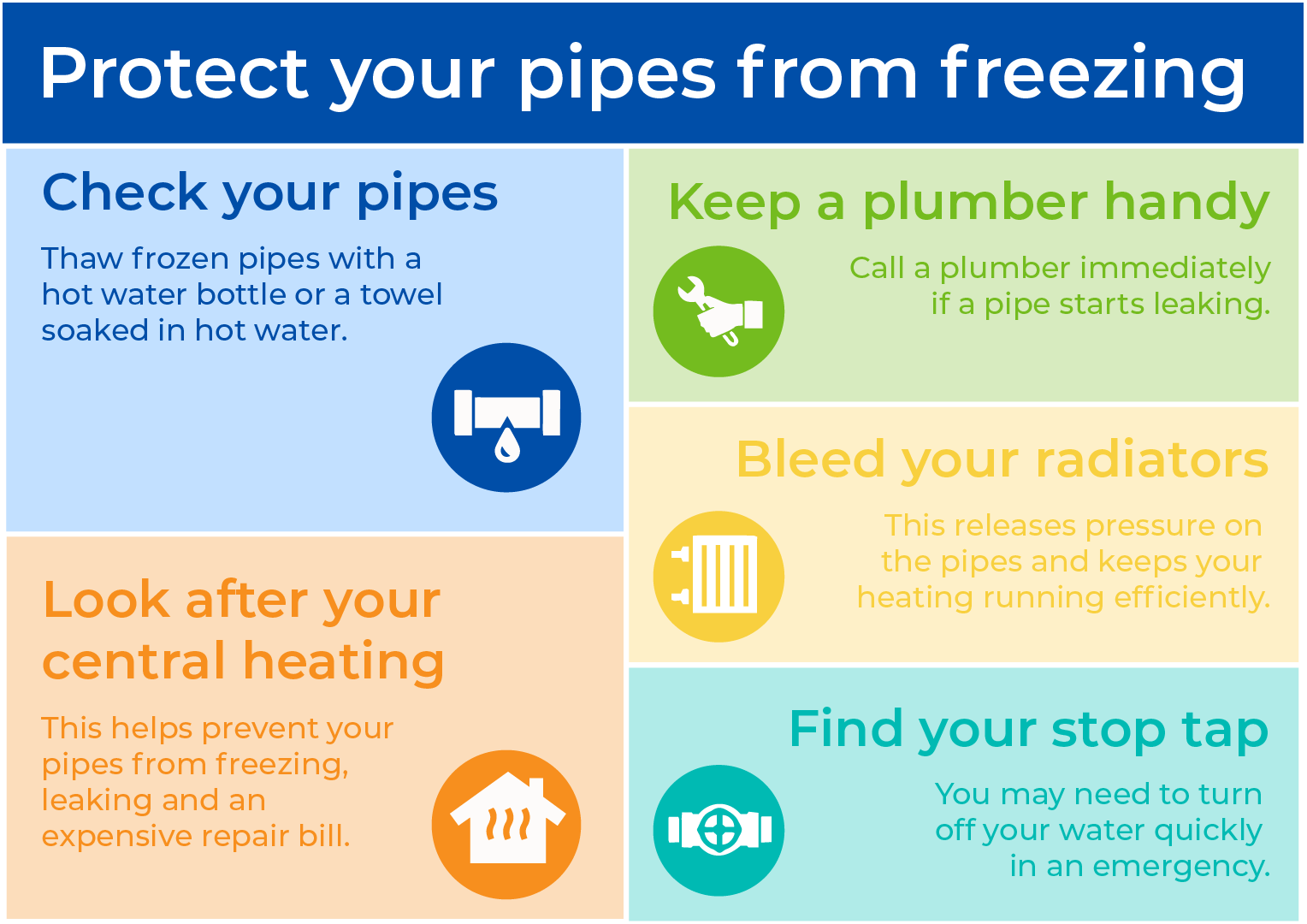Would you like to reduce heat loss, conserve water, and protect your home from potential water damage? What homeowner wouldn't?! Unfortunately, many homeowners do not think to insulate their home’s pipes until it's already winter and freezing cold temperatures are on the way. Insulating your pipes ahead of the colder weather can be a simple and inexpensive way to protect your water pipes from freezing in winter.
Have a heating, cooling, or plumbing problem, but no time to wait for a repairman? Need a second opinion on an existing quote?
We’ll give you free advice about your question or problem. In many cases, you’ll get an estimate or the help you need during the video call.
What is pipe insulation?
Pipe insulation is used to wrap your pipes in order to keep them warm and to also prevent them from freezing in frigid temperatures. Pipe Wrap Insulation is the most common water pipe insulation and is available in fiberglass, plastic, and foil-backed fiberglass. When larger amounts of exposed piping are needed to be insulated, many decide to use tubular sleeves, which are typically 6-foot foam tubes with a slit for easy installation.
Commercial Service offers 24/7 emergency services and is always happy to send over a certified technician to assess any potential problems. For non-emergency repairs, schedule an appointment with our easy Online Scheduling or by calling 812-339-9114.
Benefits of insulated pipes
There are a number of reasons for insulating water pipes, and together, they make a compelling case for this simple, affordable home project. Insulating water pipes can:
- Prevent heat loss from the pipes between the water heater and faucets
- Save energy and decrease your heating bill
- Keep pipes from freezing in the winter
- Prevent burns when hot water pipes are exposed
- Control condensation, particularly in humid climates with cold water supplies
- Reduce the expansion and contraction of pipes due to temperature changes
Preparation and Insulation
Energy.gov provides detailed information about hot water pipe insulation, and they have even prepared quick instructions on how to prepare your pipes to be insulated, what you will need to buy, and, finally, how to insulate your pipes properly.
Before You Start:
- Determine the type of insulation material you want to use, how much you will need (length of the pipes), and the size of the pipe (match the pipe sleeve's inside diameter to the pipe's outside diameter for a snug fit).
- For electric water heaters, pipe sleeves made of polyethylene or neoprene foam are the most commonly used insulation.
- On gas water heaters, insulation should be kept at least 6 inches from the flue.
- If pipes are within 8 inches of the flue, your safest choice is to use fiberglass pipe-wrap (at least 1-inch thick) without a facing. You can use either wire or aluminum foil tape to secure it to the pipe.
Shopping List:
- Tape measure
- Pipe sleeves or strips of fiberglass insulation from your hardware store
- Acrylic, water pipe insulation tape, duct tape, or cable ties, to secure the sleeves—or aluminum foil tape or wire to secure the fiberglass pipe-wrap
- If using fiberglass pipe-wrap, use gloves and long sleeves and pants
- Scissors, box cutter or utility knife for cutting the insulation
- Headlamp or light if working in crawl space or dark area
Step-by-step instructions
- Measure the pipes. Starting at the water heater, measure the lengths of insulation needed to cover all accessible hot water pipes, especially the first 3 feet of pipe from the water heater. It's also a good idea to insulate the cold-water inlet pipes for the first 3 feet.
- Cut the insulation to the lengths needed.
- Place the pipe sleeve so the seam will be face down on the pipe.
- Tape, wire, or clamp (with a cable tie) every foot or two to secure the pipe sleeve to the pipe.
To learn more about water heater pipe insulation or to have Commercial Service insulate your pipes, schedule an appointment with our easy Online Scheduling or by calling 812-339-9114.




